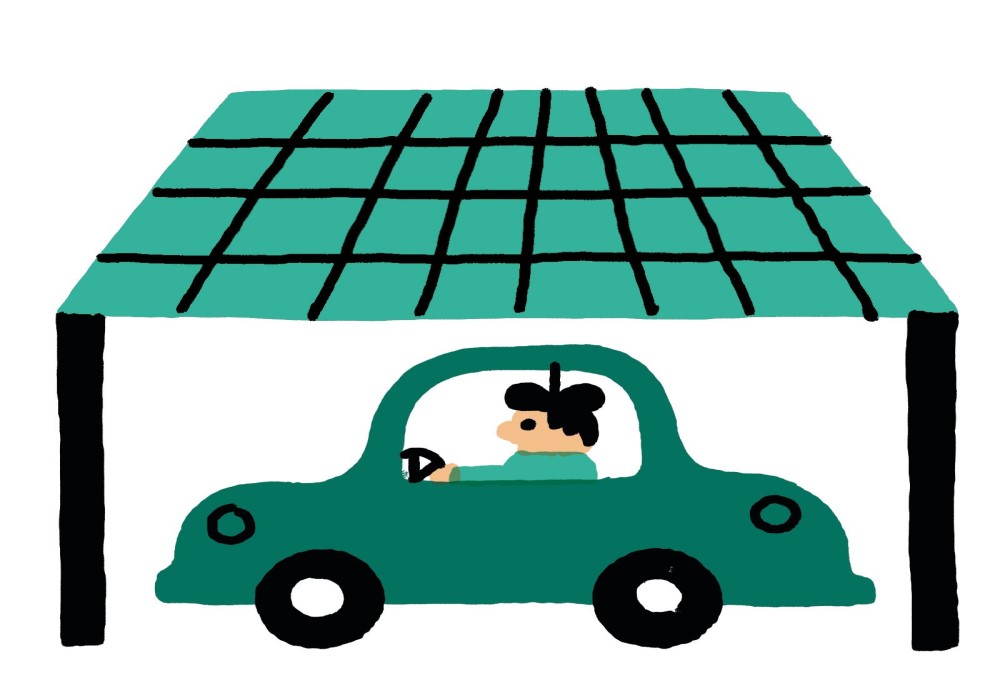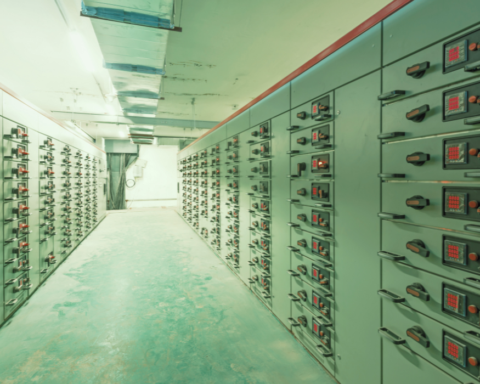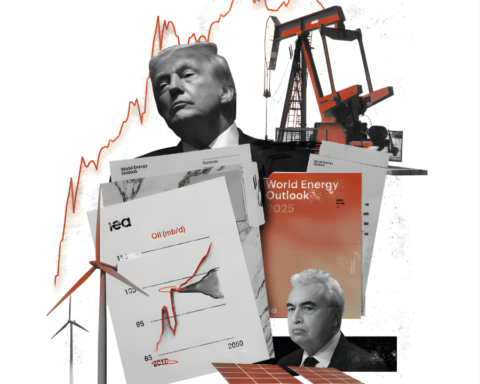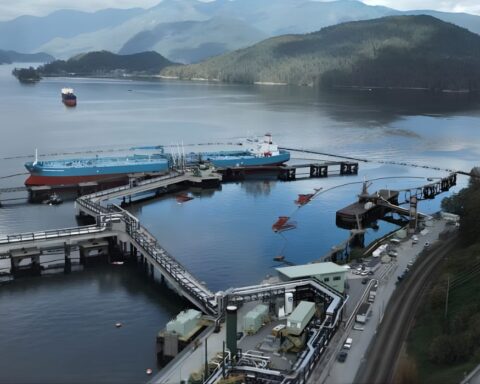With war raging in Ukraine and European imports of Russian natural gas down by 80% to 90%, the continent is bracing for a long, cold winter. Wholesale gas and electricity prices soared as much as 15-fold since early 2021, and Europe is now fearing even higher energy costs – and possibly a recession.
To head off disaster, Europe bought up as much liquefied natural gas as it could from the U.S., Qatar and other countries, at an exorbitant price, of course. And European governments have introduced waves of new policies ranging from price caps, tariffs and subsidies for energy-intensive companies to new incentives for reducing consumption or producing new energy.
But most of these are stopgap solutions. In the longer term, Europe will have no choice but to truly accelerate the clean energy transition: not just to wean itself off Russian oil and gas, but to ensure that in an unpredictable world, it can at last become energy self-sufficient.
Leading the charge is France, which as a major producer of nuclear power has lagged behind its neighbours in embracing alternative energy. Now the government of Emmanuel Macron is engaging on all fronts, including an “Every gesture counts” energy-reduction campaign that includes dimming the lights of the Eiffel Tower an hour earlier every night. Legislators are also looking at boosting domestic energy production by developing more wind- and solar-power facilities on farmland and on vacant lands alongside highways and railways.
As a bold first step, in November the French Senate approved a bill that will see parking lots turned into solar farms. France’s upper chamber, the National Assembly, approved the bill in December. Now all existing and new parking lots bigger than 1,500 square metres will have five years to power up. (Larger lots, serving 400 cars or more, would have three years to install their panels.)
While solar farms are generally built in rural areas on undeveloped land, urban parking lots are increasingly seen as good locations for panels. Researchers say parking lots offer more sustainable venues for solar projects, as they are already developed and any ecological harm that could have been caused by installing a solar panel in that spot has already been done, as Joni Mitchell noted.
Richard Conniff recently wrote in the Yale Environment 360 magazine that parking lots “are abundant, close to customers, largely untapped for solar power generation, and on land that’s already been stripped of much of its biological value.”
On a recent visit to an offshore wind farm near Saint-Nazaire, Macron called for France to undertake a “massive acceleration” of renewable energy development. “For the first time,” he declared, “energy has become a weapon of war.”
And every parking lot has a role to play.







